It goes without saying that many of these animals are not kept as "pets" in the actual sense of the word or regarded as members of the family, as would be the case in the West. In addition, the proportion of pets fed on industrially produced food is below two per cent. In most western countries this figure is above 85 per cent. Many households continue to obtain their pets from friends or relatives, but the number of people procuring a pet from a breeder or pet shop is rising steadily, and so the pet's status in the household or family hierarchy is growing too. At the same time, pet owners are developing brand awareness and opting to buy industrially manufactured pet food. They are showing greater interest in western brands that have built up a value system and image linked to the product.
One manufacturer that was quick to recognise and analyse this potential with its associated opportunities and risks is Royal Canin. The company established a subsidiary in Jakarta to service and develop the market locally on a long-term basis. Following on from this, a "Special Pet Food Trade Forum" was organised last May in Jakarta for 120 pet product retailers from Indonesia, Thailand and neighbouring states. At this event they learned about the challenges posed by the domestic market, the developments that have taken place in the European market in recent years and how the sector will change by 2020. Shopfitting, product presentation and price differentiation were also looked at in detail, because most pet shops in Indonesia sell lots of brands and products in a small retail area. Range focal points, merchandising and branding are usually neglected. In…

 Menü
Menü

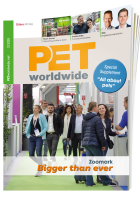



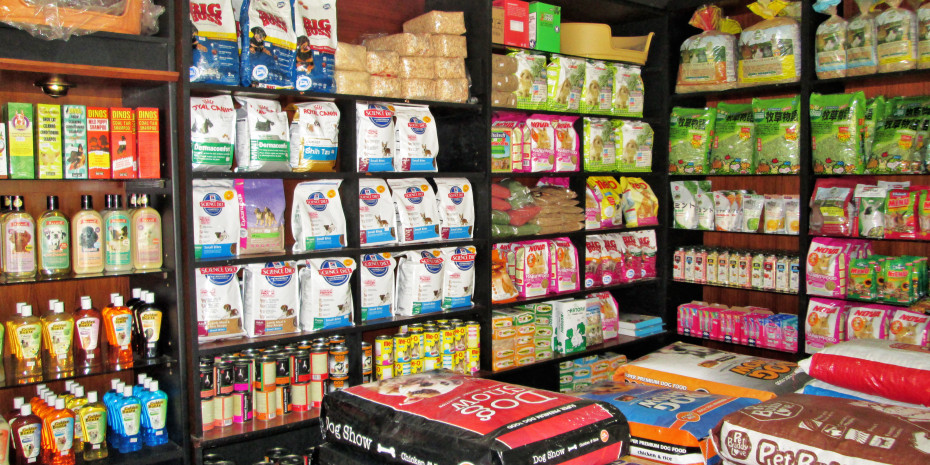


 5/2014
5/2014



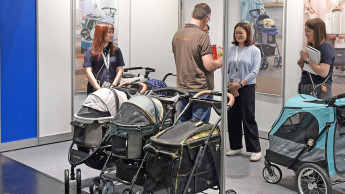
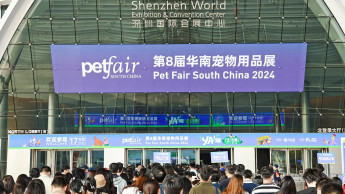
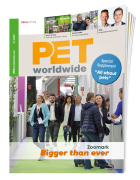
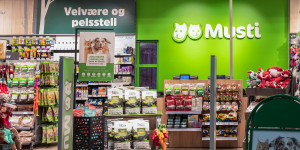
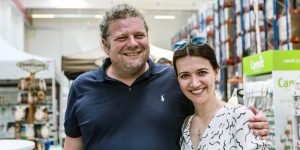
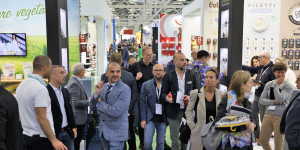

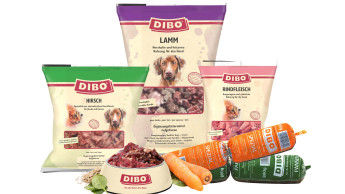
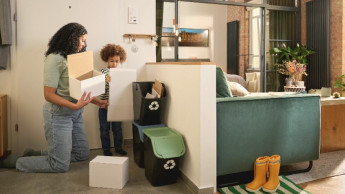
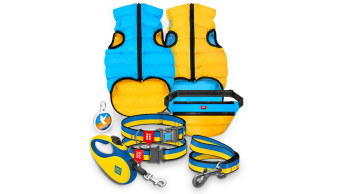
 Newsletter
Newsletter